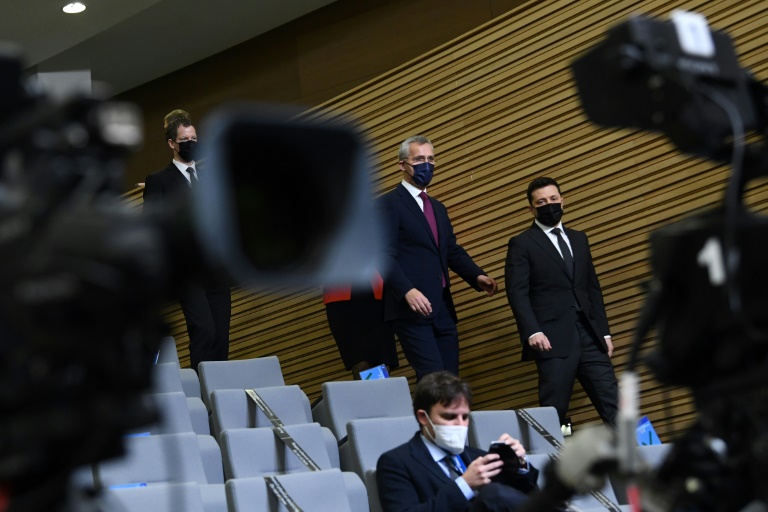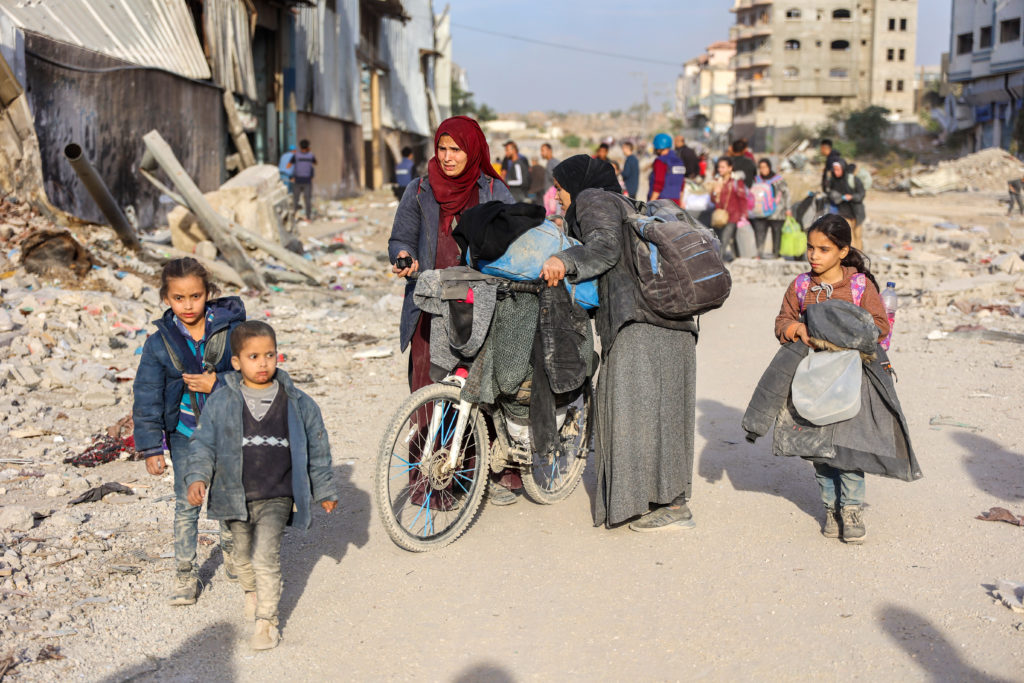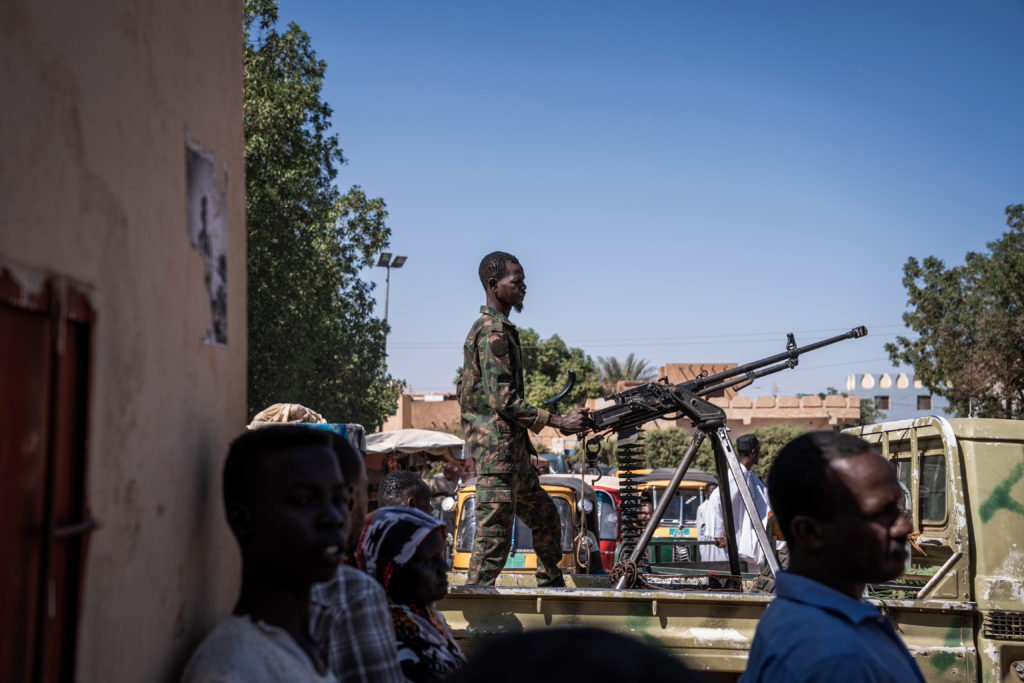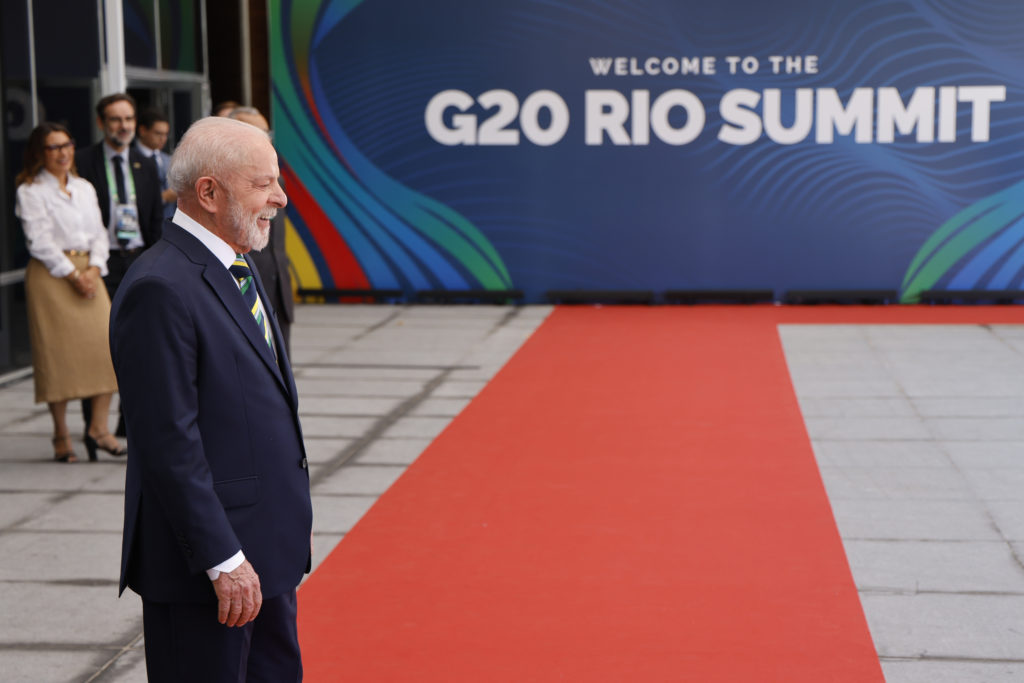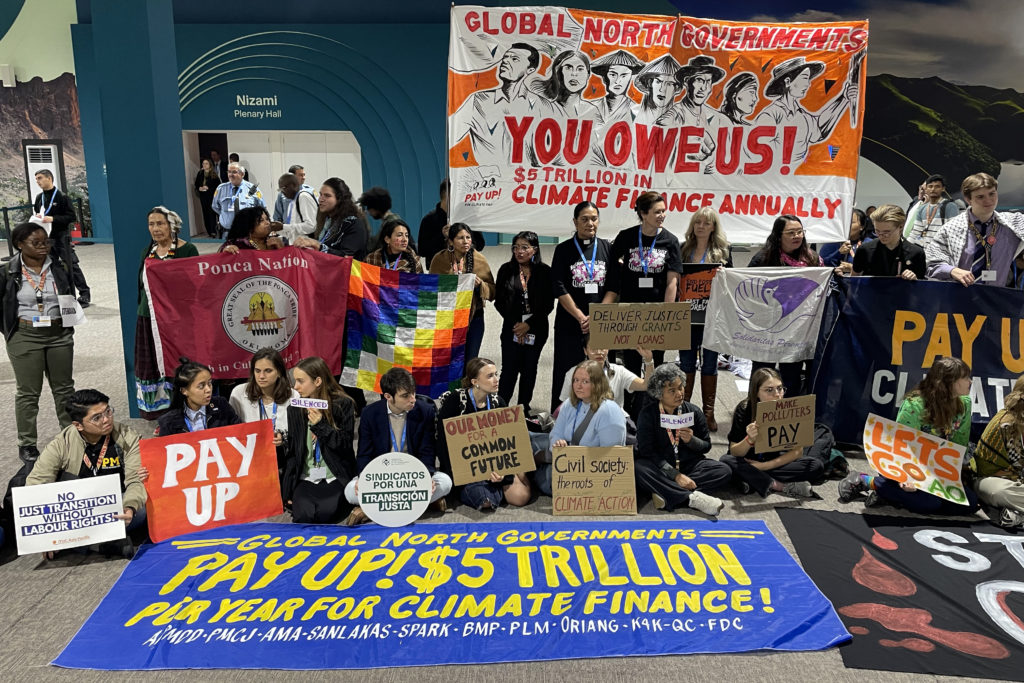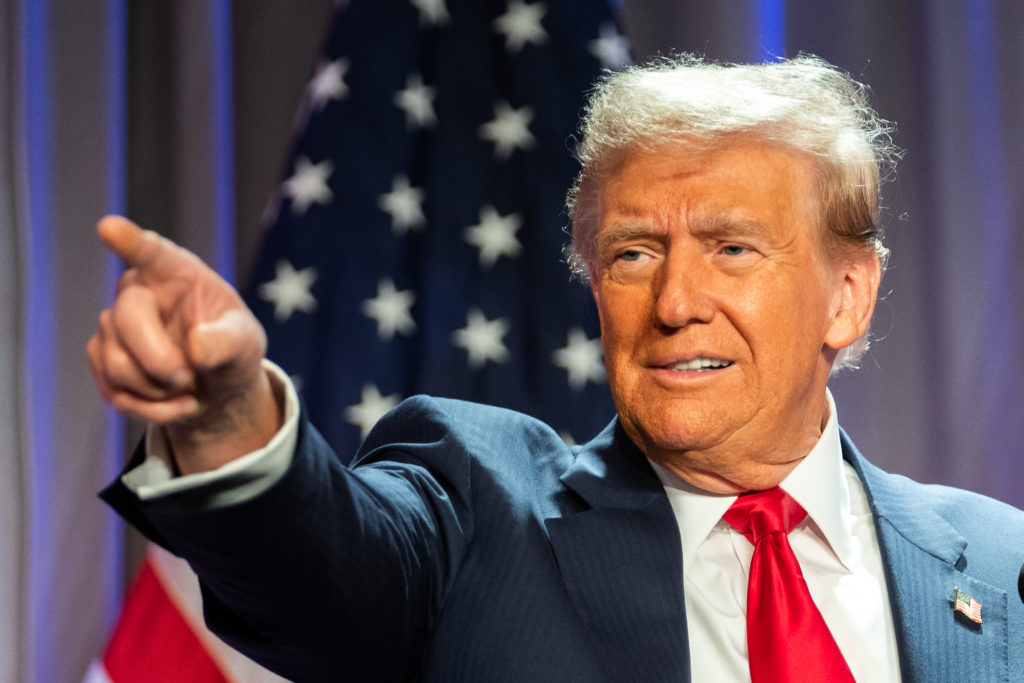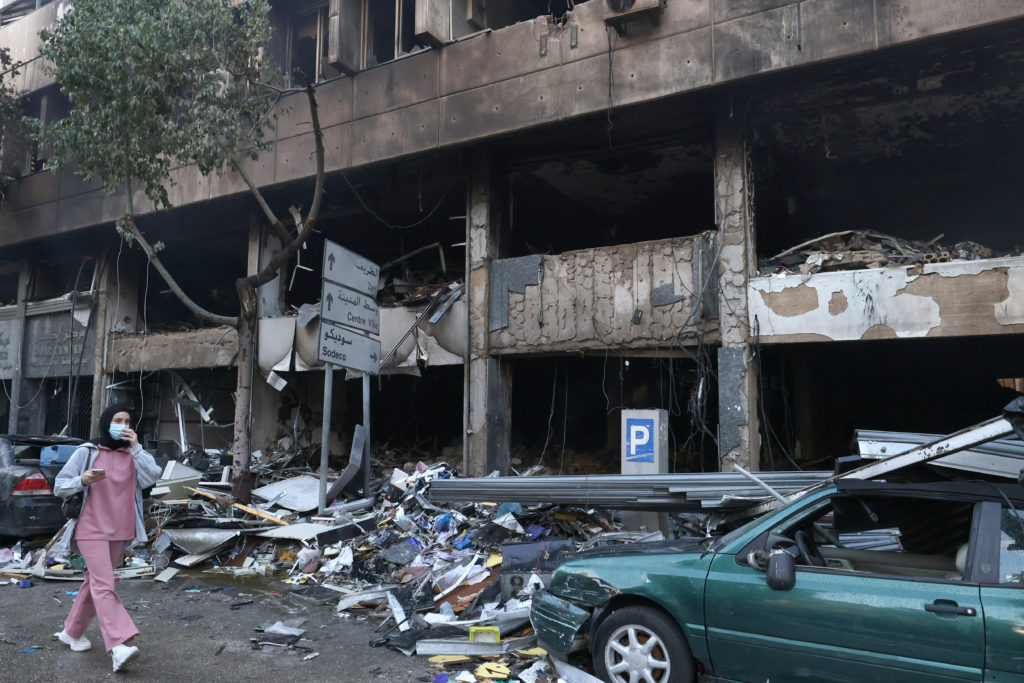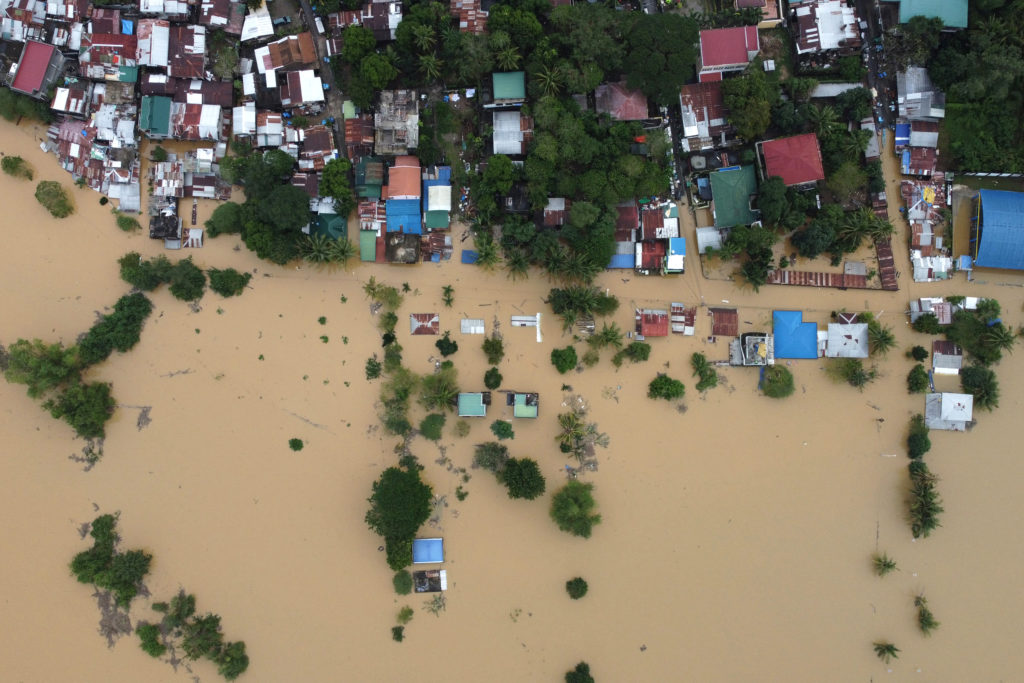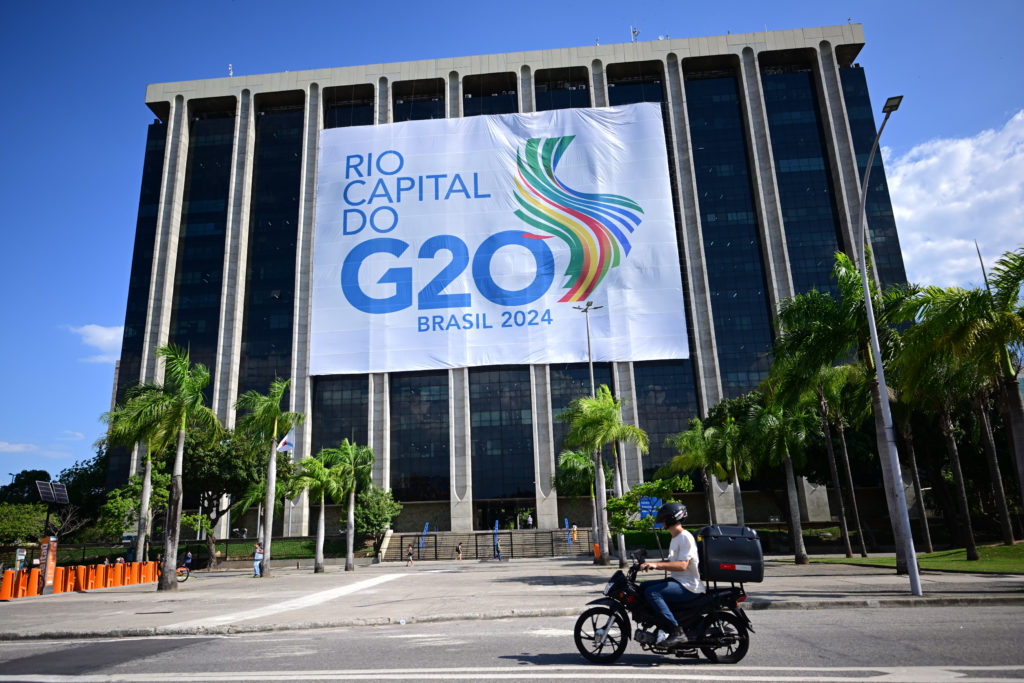Western allies on Thursday rejected Russia’s bid to thwart Kiev’s NATO ambitions and urged Moscow to halt its military build-up along Ukraine’s border and return to talks led by France and Germany.
European Union leaders, meeting in Brussels, insisted on “the urgent need for Russia to de-escalate tensions caused by the military build-up along its border with Ukraine and aggressive rhetoric”.
They reiterated a threat to impose “massive consequences and severe cost” on Moscow through sanctions, coordinated with the EU’s partners in London and Washington.
The US has used similar language of “massive” retaliation in the event of a Russian invasion while attempting to reach out to Moscow to defuse the situation.
NATO Secretary General Jens Stoltenberg branded Russia the “aggressor”.
Russian President Vladimir Putin wants direct dialogue with US counterpart Joe Biden to resolve the stand-off, and is seeking security guarantees to stand down his troops.
But the European leaders in their summit pushed for a return to the “Normandy format”, a four-way dialogue between Paris, Berlin, Kiev and Moscow.
On Wednesday, Russia handed a list of security demands to US Assistant Secretary of State Karen Donfried, who then came to NATO headquarters in Brussels to discuss them with Stoltenberg.
The NATO chief also met Ukraine’s President Volodymyr Zelensky, and gave a joint news conference to insist that any decision on membership was a matter for Kiev and the alliance’s 30 member states.
“We will not compromise on the right of Ukraine to choose its own path. We will not compromise on the right for NATO to protect and defend all NATO allies,” Stoltenberg said.
– No compromise –
He said there would also be no compromising on NATO’s partnership with Ukraine, describing it as important for both sides and “not in any way a threat to Russia”.
On Wednesday, Zelensky attended a prior summit with EU leaders — most of whose countries are also NATO members — and said that most of them supported Ukraine’s position in the conflict.
But he is frustrated that European powers in particular have refused to take preventive action against Russia, preferring to threaten a response in the event of Russian action.
“Since 2014, since the start of the war, I believe that basically Russia pushed Ukraine into NATO,” he said.
“Basically I believe that today Russia itself is paving the difficult path of Ukraine to NATO.”
He complained that, in his view, some EU members did not seem to have understood the extent of Ukraine’s peril and urged them to act swiftly.
On Wednesday, Russia’s Deputy Foreign Minister Sergei Ryabkov told Donfried that NATO should halt its eastward expansion and withdraw a promise that Ukraine could become a candidate for membership.
– Nothing yet agreed –
A US statement said Donfied would stress “we can make diplomatic progress on ending the conflict in the Donbas through implementation of the Minsk agreements in support of the Normandy Format”.
Ukraine and its closest supporters in the West want to cancel the opening of the Nord Stream 2 pipeline, which will carry Russian gas supplies to Germany, by-passing Ukraine.
Germany’s new leader, Chancellor Olaf Scholz, has been cautious on this point, and some of the leaders meeting in Brussels fear pre-emptive sanctions will provoke rather than deter Russia.
Getting Russia back to the negotiating table will not be easy.
“Moscow does not want to return to the Normandy format and wants to negotiate with the United States,” a senior European diplomat told AFP.
The diplomatic track was established at a summit in Minsk in 2015 where Putin accepted that France and Germany should play the role of moderators in the talks between the two belligerents.
“The Americans support a return to this format, and talks are underway with Moscow, but nothing has been agreed yet,” the European envoy said.

